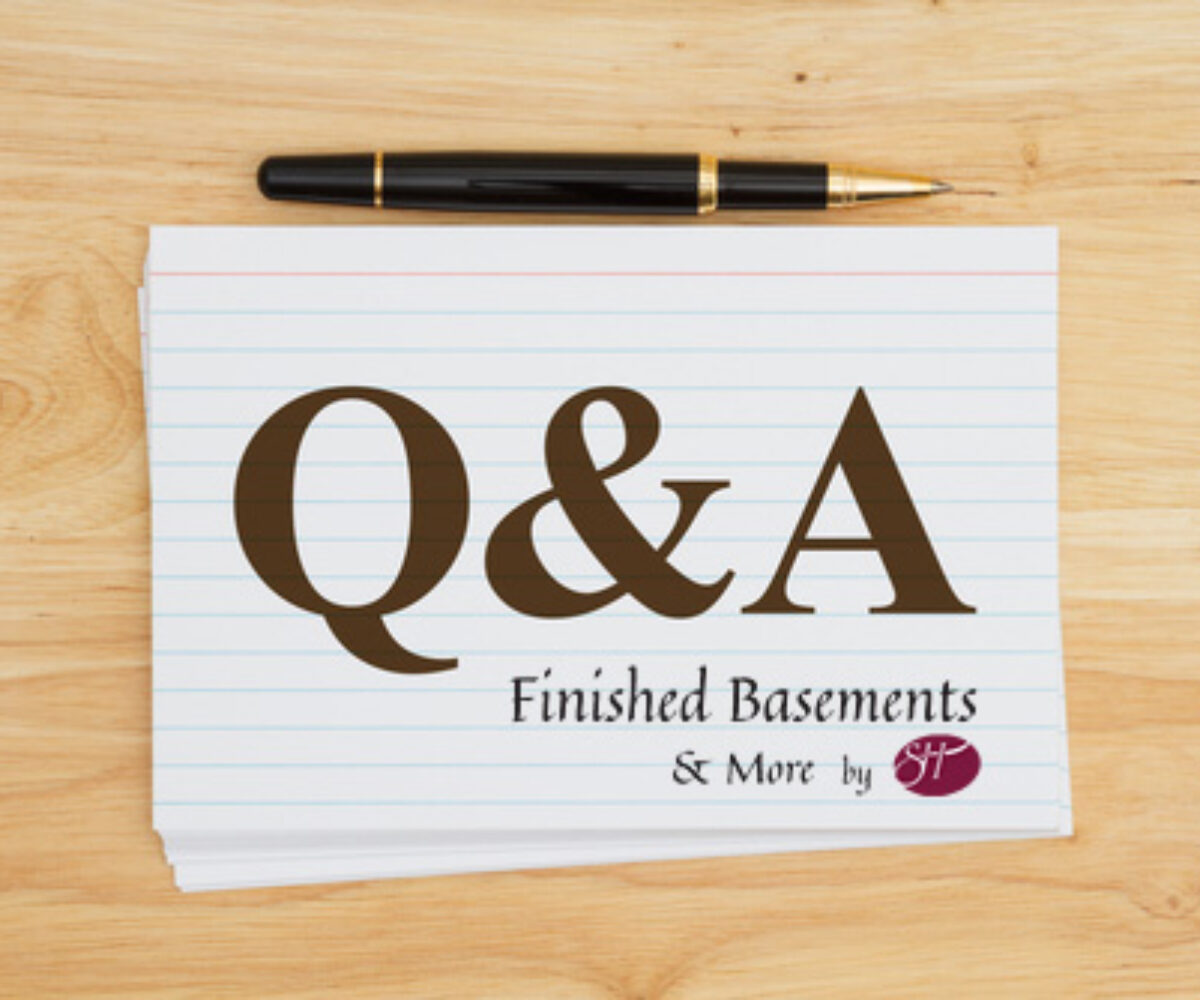What are Floating Walls and Why are They Used in Colorado Basements?
 Floating walls may sound like something out of a Harry Potter book, but when it comes to Colorado basement construction, they are often a necessity. Depending upon the type of soil on which a home is built, the use of floating walls and a foundation supported by piers will result in a more stable structure over time.
Floating walls may sound like something out of a Harry Potter book, but when it comes to Colorado basement construction, they are often a necessity. Depending upon the type of soil on which a home is built, the use of floating walls and a foundation supported by piers will result in a more stable structure over time.
What exactly are floating walls?
In this case, the word “floating” refers to the fact that the basement walls do not sit directly on the foundation. Instead, they are hung from the first-floor joists and anchored to a floor plate with extra large, 60D nails. A small gap between the bottom of each wall and the floor remains, allowing the walls to literally float, so they stay intact if there is settling or movement in the soil. You most likely have this type of construction in your home if you have wood basement floors and/or a crawlspace below the basement.
Why are floating walls used in Colorado?
Colorado is known for expansive soils due to the presence of bentonite in the soil composition, which swells with moisture or freezing temperatures. This movement can shift the entire foundation and result in structural damage to the home. The movement happens over time and is not noticeable until damage occurs. If the foundation heaves, non-floating walls can push up on the floor joists and cause significant structural damage to the floors above and throughout the home. To prevent this, basement walls are built with the ability to adjust to that movement without creating serious damage. While some small, cosmetic cracks in drywall or floor tiles may still result, structural defects are avoided.
Basement walls are only structural in the sense that they keep the drywall and trim in place; they are not load bearing. The floating wall construction, therefore, is a practical and elegant solution to what could be at best an inconvenience and at worst a devastating and costly problem. Some symptoms of structural problems in non-floating walls are cracked drywall, and sticking windows and doors. A foundation that is structurally compromised, however, can have serious consequences for the integrity of the home.
Typically, before home construction begins, the soil is tested. If bentonite is present, engineers will recommend floating basement walls and a pier-supported foundation.

